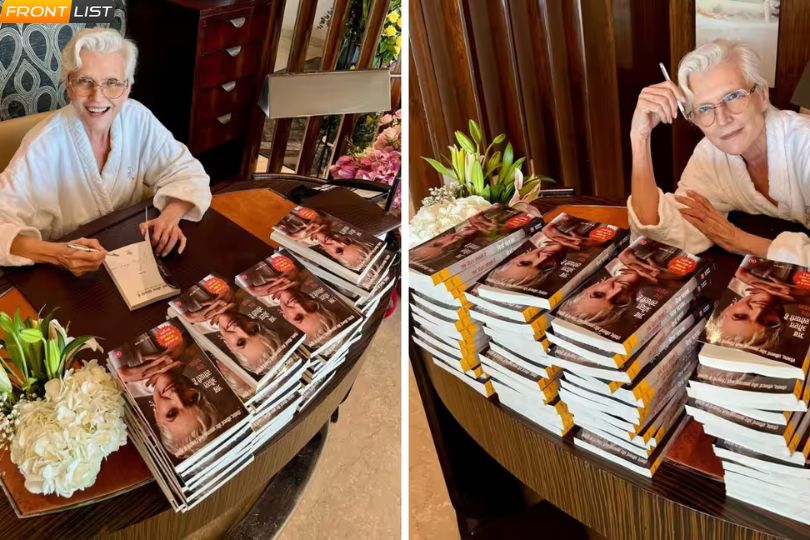Will Black Lives Matter bring lasting change to Australia's publishing industry?
Will Black Lives Matter bring lasting change to Australia's publishing industry?on Sep 13, 2021

Tim Jarvis is a manager at Fullers Bookshop, which he describes as a Hobart institution that is super keen on Tasmanian books. He says Born Into This has been on the store's bestseller list all year. People are so excited that [Thompson] has written a book. It's had an enormous amount of support, he says.As soon as we heard the book was coming, we got in touch to organize a launch and the tickets sold out within a matter of days.
The success of Born Into This is yet another marker of how the appetite for Indigenous stories and voices in mainstream culture has changed in recent years, including in the publishing industry. Demand spiked further after the murder of George Floyd in the US in May last year and amid the resurgence of the Black Lives Matter movement.It saw Fullers Bookshop create a specific display for books about anti-racism.There was more demand than supply could meet, so there were perpetual stock shortages, Jarvis says. Now, he says, interest in books from writers from Black and Indigenous writers, and about racism, hasn't disappeared. It remains an issue that people feel very strongly about.
Bundjalung woman Grace Lucas-Pennington is the senior editor of the State Library of Queensland's black&write! Indigenous Writing and Editing Project, established a decade ago to boost the opportunities for Indigenous writers in Australia. She says the resurgence of Black Lives Matter woke up up mainstream readership and publishers to the fact there are more stories out there that we're not seeing.Sales went through the roof after BLM went worldwide mid-2020 … so we saw huge demand from readers and from publishers, and that’s going to have a knock-on effect for the next generation of writers. Black writing is important to me because we’ve always been here. We’ve always been telling our stories, but they weren’t getting published at the same rate as mainstream authors.
Lucas-Pennington says it was a moment of reflection for the industry.
We've been fighting this fight for years, we know we need more voices, we know we’re underrepresented in the media, in the arts, in publishing, in politics, in every sphere of life. It was interesting to see everyone else catching up, and to see publishers looking at their own lists and realizing they haven’t published any Indigenous writers.
Dr. Radhiah Chowdhury is a Bangladeshi-Australian author and editor with years of experience in Australia's publishing industry. In 2020, she wrote It's hard to be what you can't see: Diversity Within Australian Publishing, a report looking at the sector that also drew from studies from the United Kingdom.
She says Australia's publishing industry has always been reactive, rather than proactive, to cultural and historical moments, as well as being very white, and very middle class.The only way to disrupt it is to change who sits at the table, and that's not to say you bring in a person of color who has to call everyone out and hold everyone accountable, but it's a start at least to look across the room and see someone who doesn't look like you, she says. That's fundamentally the first thing that has to happen, and it's something that is not happening.
Thompson, though, is optimistic for the future. He attended the Sydney Writer's Festival earlier this year and witnessed firsthand the hunger that readers have for Indigenous stories. Seeing the opening address there by three, strong Aboriginal women - and people in the community [were] just hanging off every word they said, he says. The time of non-Aboriginal people telling Aboriginal stories has passed. We have our own narrative, and people at the moment are just gobbling that up.



.jpg)






.jpg)

.jpg)

.jpg)
.jpg)
.jpg)
.jpg)










Sorry! No comment found for this post.